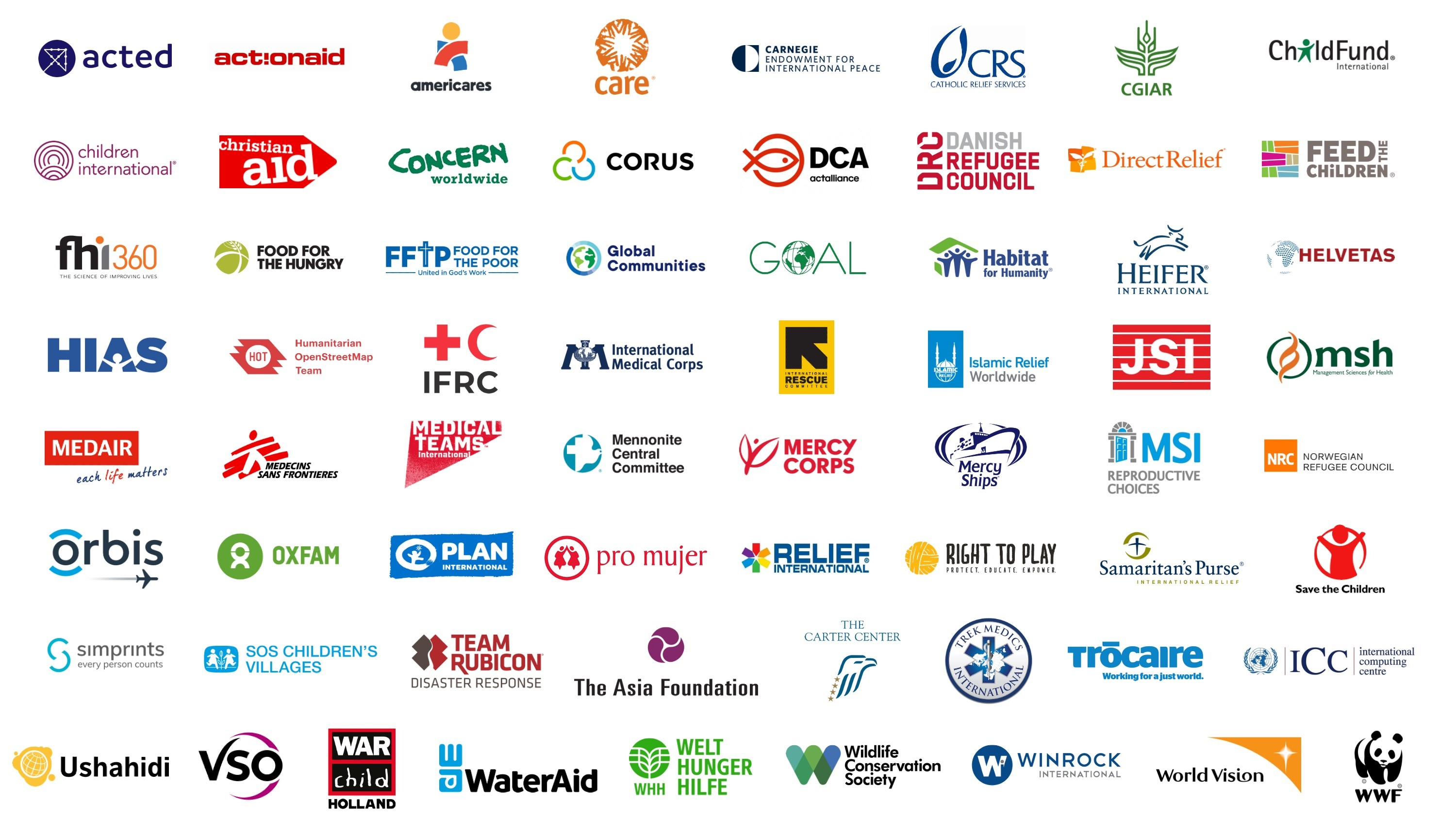About the Course
With the rapid development of functionality in machine learning (ML) and artificial intelligence (AI) using these innovations for the humanitarian sector has the potential to address complex humanitarian and development challenges. However, without intentional efforts, this same technology can become a mechanism for extended inequities and harm, particularly from the lens of gender.
The intention of this toolkit is to inform humanitarian and development professionals on best practices for gender equitable AI and ML solutions. In doing so, the toolkit enables nonprofit organizations to frame the deployment of innovative technologies through an ethical lens – focused on gender – that deliver positive impact for people in need.
The Gender Equitable AI Toolkit is a product delivered through funds from NetHope’s Collective Action Fund. The work behind this toolkit was organized by community leaders of NetHope’s AI Workstream. Research began in late 2021 and drew on input from over 30 consultations with representatives from the NetHope Member and Partner ecosystem. As a result, this research represents an aggregation of best practices and resources from a diverse array of subject matter experts.
 |
Who is this course for? This toolkit will provide readers with principles and actionable steps to implement gender equity within the AI/ML development lifecycle. It includes an introduction to AI/ML ethics, and an overview of the lifecycle of development behind an AI/ML solution. Accordingly, the primary and secondary audience is as follows:
The toolkit content is designed as an entry point for humanitarian and development professionals seeking to deploy AI and ML solutions in a gender equitable capacity. Knowledge gained here can be combined with existing technical expertise from across organizations thereby enabling nonprofit professionals to make meaningful contributions to equitable adoption of AI and ML solutions. |
 |
How do I leverage this course? This toolkit focuses on leveraging and fine-tuning AI solutions for humanitarian and development services. The content of the toolkit can be accessed in two ways:
The toolkit offers practical guidance on the entire lifecycle of deploying gender equitable AI solutions. It encompasses topics such as problem statement identification, data collection and preprocessing, algorithmic design, model evaluation, user engagement, and continuous learning and improvement. |
|
How can I start? Click "I agree - join course" to access the toolkit. This toolkit focuses on leveraging and fine-tuning existing AI solutions for humanitarian and development services. There are two components of this toolkit that work in tandem to build capability. Together these components aim to build AI/ML capabilities for practitioners that may otherwise be solely dependent upon technical knowledge from external parties. The toolkit offers practical guidance on the entire lifecycle of deploying gender equitable AI solutions. It encompasses topics such as problem statement identification, data collection and preprocessing, algorithmic design, model evaluation, user engagement, and continuous learning and improvement. |
 |
How much time should I set aside for this? The toolkit is self-paced and learners can access and utilize the resources as they see fit. |
|
How much does it cost? Free |
|
Acknowledgements Gratitude is extended to the support and inspiration behind this research. This includes all those who have participated in the key informant interviews as well as the initiators of this project including Bo Percival, Leila Toplic, and Synne Marion Olsen, whose contributions these individuals made during their time at NetHope, and their respective organizations is the epitome of collective action. Appreciation is also extended to supporters of the NetHope Collective Impact Fund as well as the Partners of NetHope’s CDN. Who are the subject matter experts that wrote the content? The successful completion of this research would not have been possible without the contributions and support of NetHope's esteemed members. We extend our deepest gratitude for their dedication to leveraging technology for social impact.  |
| Data protection and consent This course was created and is administered by NetHope. By joining this course you are consenting to NetHope being given access to your Kaya profile information, including your name and email address, so that they can provide the course. This may require them to contact you. Your data will be anonymized before it is used for any analysis or reporting purposes. Also, by enrolling to the course you accept the NetHope privacy policy. If you have any questions about this, please email nethopecdn@nethope.org. |



